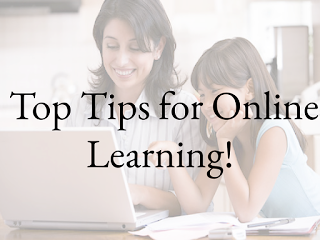Nature and Extent of the Student Challenge
My inquiry is concerned with reading; particularly with my students abilities to comprehend independently. So far I have considered the possible reasons that are preventing my students from fully comprehending new texts. I am now stepping back and reflecting on the extent of this challenge. Last year I inquired into reading and found that some of my students struggled simply to summarise a text and consider what they had learnt from reading. I tackled this by increasing their mileage and reducing the amount of time they spent on comprehension activities. As a result, their reading progress was accelerated and they were more able to discuss texts. However, when we removed the scaffolding of group discussion, these students did not perform so well. While I had taught them to discuss texts, to share their opinions and to summarise what they had read, I didn't teach them how to monitor their own reading. As such, in the PAT tests, many of them skimmed the texts and missed some plot...



